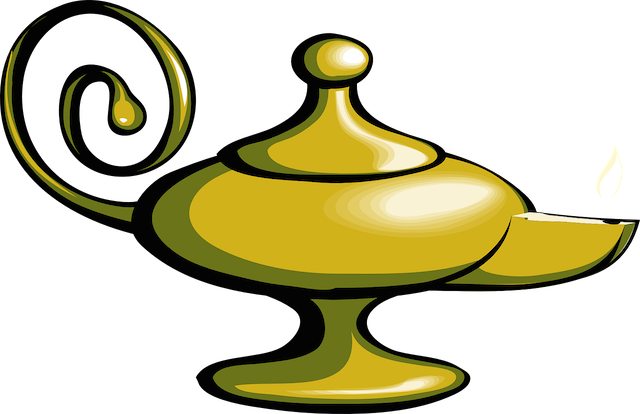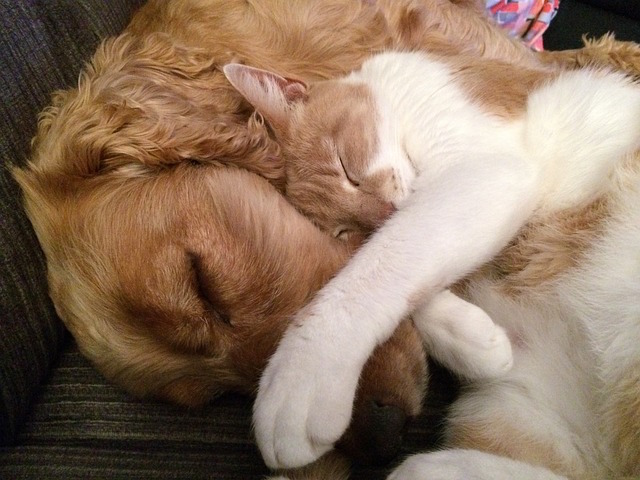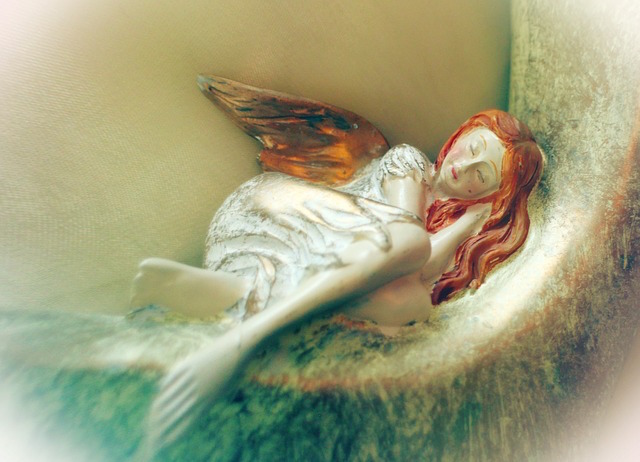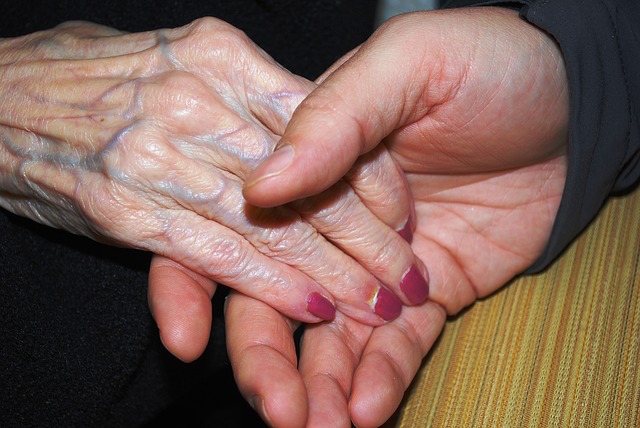Wish & hope

Wish and hope are similar but different. Wish is used for impossible or improbable things. Hope is used for possible things. Both wish and hope are used in the present, past and future.
Wish:
In the present, wish is used for things that are not true. It is the opposite of reality. The verb after wish is in the simple past, past continuous, or could Change was to were in formal English. That can follow wish but is usually dropped, so I’ll write (that).
Examples:
I wish (that) I had an umbrella.
He wishes (that) he were not so nervous.
I wish (that) the sun were shining.
I wish (that) I could swim.
If the truth is stated first, then just use did for most verbs, were for the verb be, or could.
Examples:
I don’t have an umbrella, but I wish (that) I did.
He’s very nervous, but he wishes (that) he weren’t.
The sun isn’t shining, but I wish (that) it were.
I can’t swim, but I wish (that) I could.
Wish can also be followed by an infinitive and means the same thing as want. Don’t use that.
Examples:
Who do you wish to see?
He wishes to talk to the company president directly.
The children wish to go swimming.
What do you wish to accomplish?
If you’re wishing something for someone else, use a person and a noun after wish.
Examples:
We wish you good luck.
I wish your mother a speedy recovery.
I wish them a safe trip home.
Do you wish him harm?
In the past, wish is used for things that we’re disappointed about. The verb after wish is in the past perfect.
Examples
I wish (that) you had told me the truth.
We wish we had been on time.
I wish (that) I had studied for the test.
They wish (that) they had been able to come.
Do you wish (that) you had graduated from high school?
If the truth is stated first, then just use had. (NOTE: The verbs be and be able to must be repeated.)
Examples:
You didn’t wait for me, but I wish you had.
We weren’t on time, but we wish we had been.
I didn’t study for the test, but I wish I had.
They weren’t able to come, but they wish they had been able to.
You didn’t graduate from high school, but do you wish you had?
In the future, wish is used for things you want to happen. The verb after wish is would or could (for ability) followed by a verb in the simple form.
Examples:
I wish (that) you would be quiet.
I wish (that) he could stay all summer.
I wish (that) they would remember my name.
We wish (that) you wouldn’t chew with your mouth open.
She wishes (that) she could do it again.
If the truth is stated first, then just use would or could. (NOTE: The verb be must be repeated.)
Examples:
You’re not quiet, but I wish (that) you would be.
He can’t stay all summer, but I wish (that) he could.
They don’t remember my name, but I wish (that) they would.
You chew with your mouth open, but we wish (that) you wouldn’t.
She can’t do it again, but she wishes (that) she could.
Hope:
In the present, hope is used when you think the result is possible. It is followed by the simple present or the present continuous.
Examples:
I hope (that) he finds his glasses.
We hope (that) he likes his present.
He hopes (that) she is feeling better.
In the past, hope is used for things that could already be true, but you don’t know. It is followed by the simple past or the past continuous.
Examples:
I hope (that) they had a good time at the party.
We hope (that) you enjoyed your time in Vancouver.
I hope (that) you were being truthful with me.
She hopes (that) they were just kidding.
In the future, hope is used for things that could come true. It is followed by the future (will), the future (going to) or can.
Examples:
They hope (that) we’ll be able to help them.
We hope (that) she is going to agree with us.
I hope (that) you can help me.
Hope can also be followed by an infinitive.
Examples:
We hope to finish by Thursday afternoon.
I hope to be there before dinnertime on Friday.
She hopes to get answers to all her questions.
Hope can also be followed by so and not.
Examples:
Do you think you’ll pass this course? I hope so.
Do you think you’ll fail this course? I hope not.
Your Score:
Your Ranking:
© 2013 Ambien Malecot








